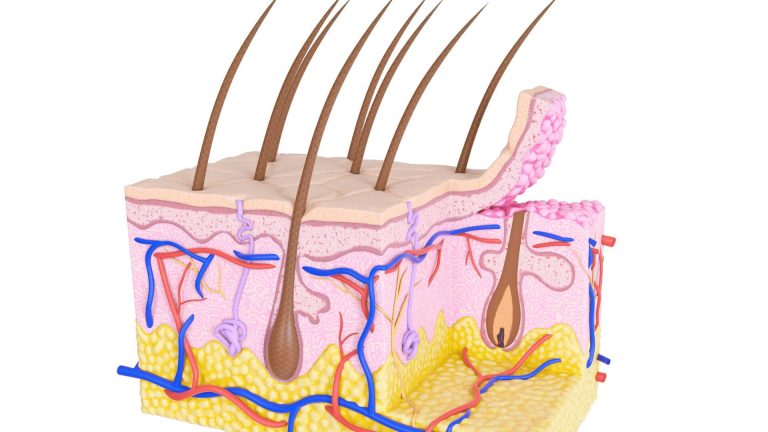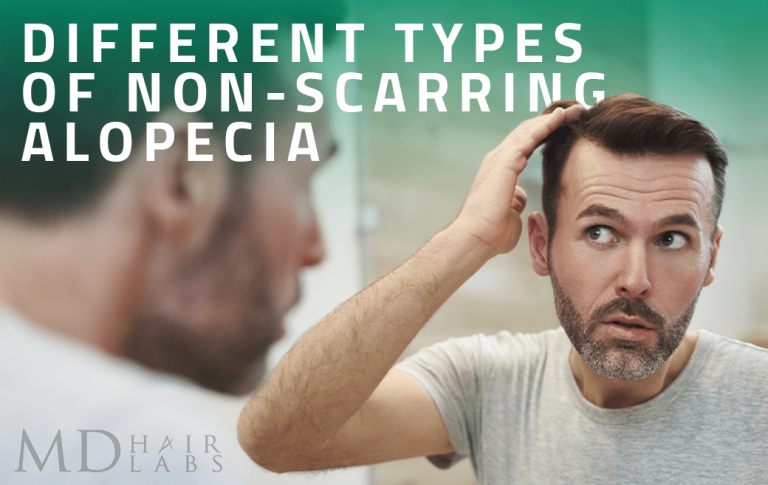
Hair Loss and Mental Health
May 28, 2021 | Hair & Hair Loss
HAIR LOSS AND MENTAL HEALTH
As a board-certified dermatologist since 2003, I have treated thousands of men and women with hair loss.
More than many other types of skin issues, hair loss or alopecia can be very emotionally distressing and can even lead to depression and social anxiety. Why is hair loss so devastating to us?

History of Hair Culture
We only have to take a glimpse at history to see that across all ages and cultural boundaries, a healthy, full head of hair is considered extremely valuable. In ancient Greece, long male hair was a symbol of wealth and power, while a shaven head was appropriate for a slave. The Greek gods and heroes had abundant hair, including Zeus, Achilles, Apollo, and Poseidon.
In ancient African civilizations, hair symbolized one’s family background, social status, spirituality, tribe, and marital status. As early as the 15th century, different tribes used hair to show one’s social hierarchy. Members of royalty across all nationalities are portrayed with elaborate hairstyles which served as a symbol of their stature and wealth.
The importance of hair was evident in biblical times. Women were told that their hair is their “crowning glory,”. According to 1 Corinthians 11: 15, “but for a woman, if her hair is abundant, it is a glory to her.” The story of Samson as depicted in the biblical book of Judges chapters 13-16 links his incredible strength to his uncut hair.
In short throughout history, those with exceptional hair are considered more attractive, more virile, healthier, and of higher status. It is no wonder that hair loss can be so devastating to one’s sense of well-being. The message is clear. Hair loss symbolizes aging and loss of attractiveness and affects how successful we appear to our peers.
Statistics
Science confirms these feelings in men and women with hair loss. Multiple studies have linked androgenetic alopecia to lowered self-esteem and decreased confidence. A 2019 study in the International Journal of Trichology found that androgenic alopecia lowered the quality of life for many men. Hair loss negatively affected their self-perception and their interpersonal relationships. A study by Van Der Donk in 1994 found that 88% of female subjects with alopecia reported a negative effect on their quality of life, 50% experienced social problems, and 75% experienced negative self-esteem.
 Many of my patients who seek evaluation and treatment for hair loss are experiencing these same feelings.
Many of my patients who seek evaluation and treatment for hair loss are experiencing these same feelings.
All of them are concerned deeply but don’t want to seem vain in seeking treatment. I encourage every patient that the feelings they are experiencing are completely normal. As history proves, society values hair and devalues hair loss. Helping these patients regain their hair by medical management, hair transplant or a combination of the two can be life-changing. It is one of the most rewarding things I get to accomplish with patients in my profession.
Call MD Hair Labs to schedule your no-cost, no-risk consultation with our expert physicians and hair technicians!



